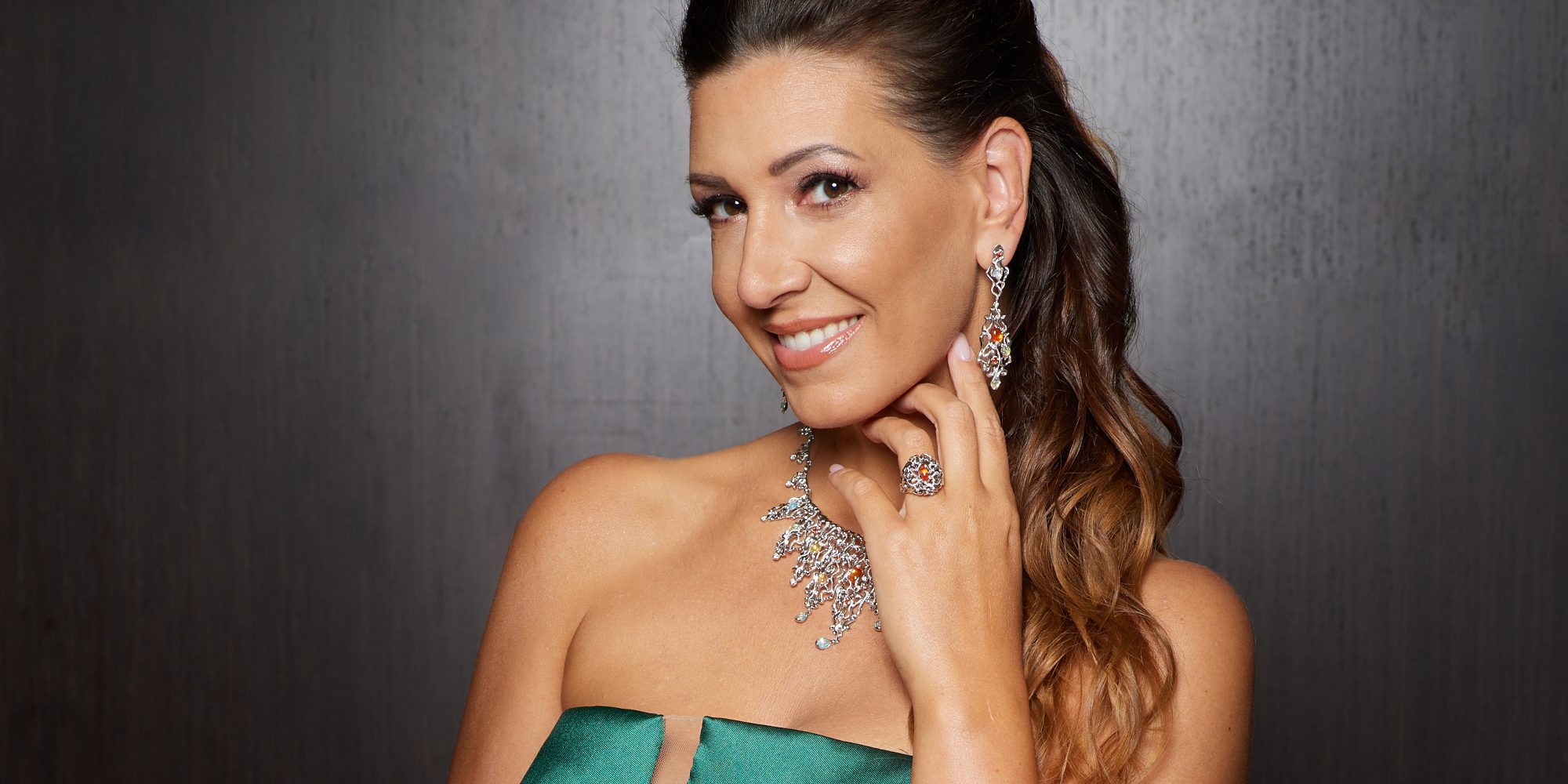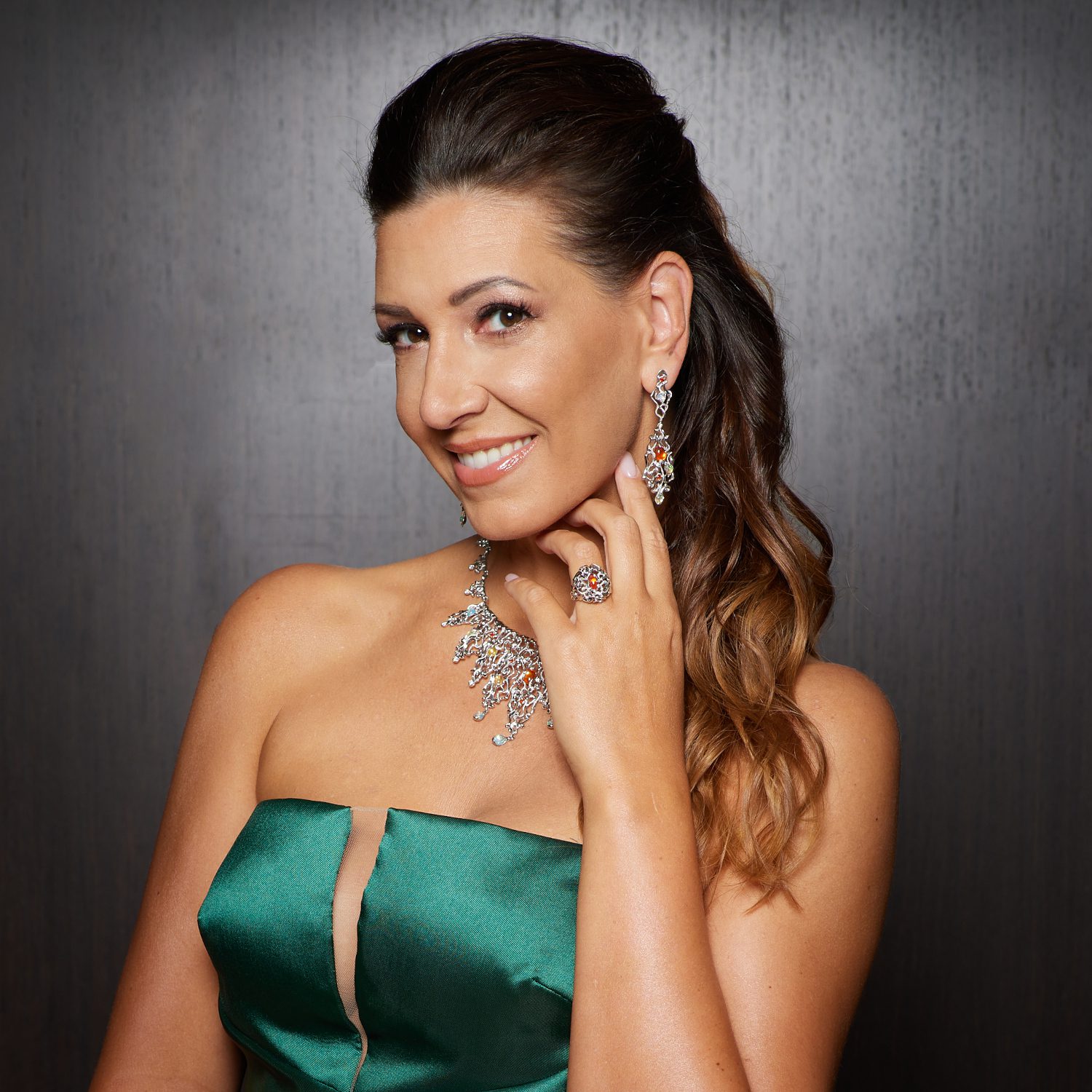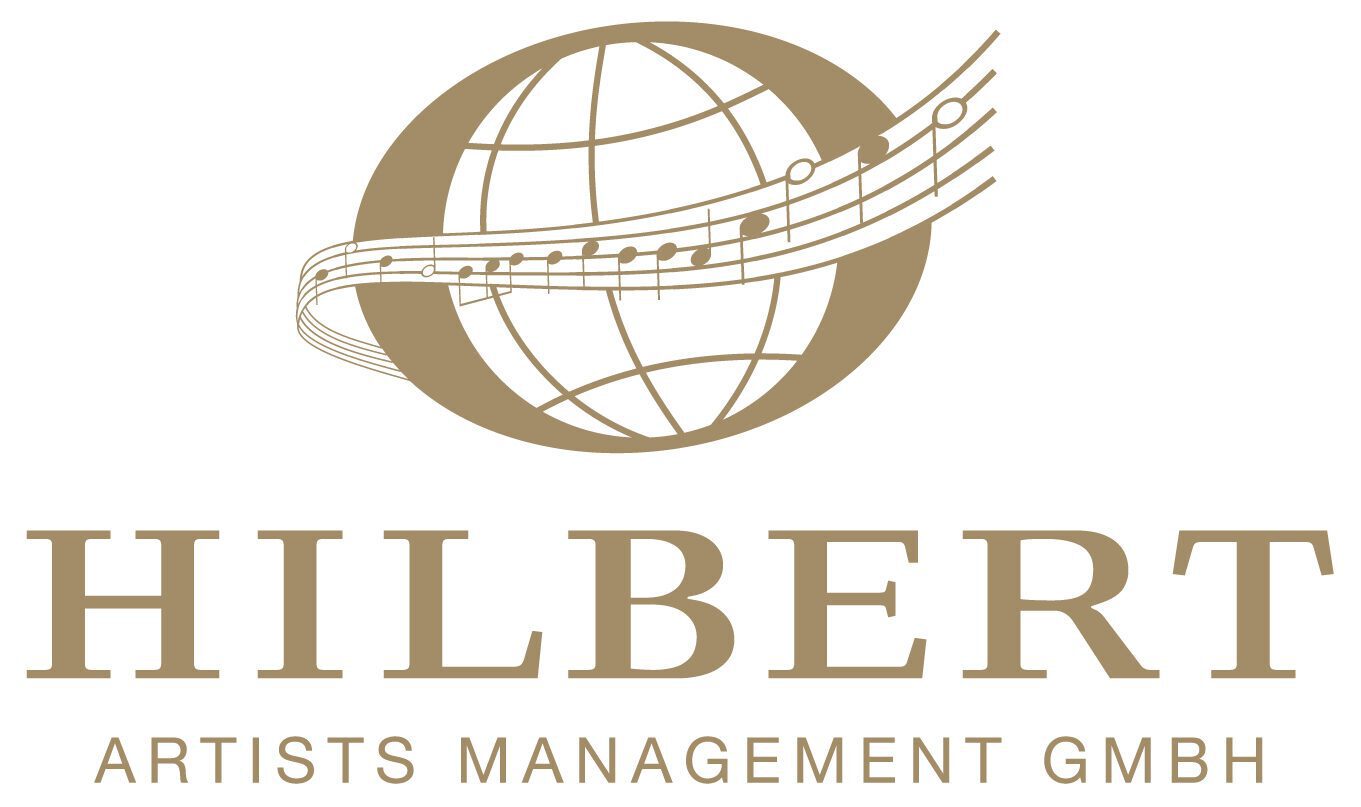
Štěpánka Pučálková
– World management except Czech Republic –

Czech mezzo-soprano Štěpánka Pučálková is in demand internationally both as an opera and concert singer and impresses with the elegant and warm timbre of her voice.
In the 2024/25 season, she will return to the Semperoper in Dresden as Ascanio (Benvenuto Cellini) and make her house debuts as Nicklausse/Muse (Les contes d’Hofmann) at the Latvian National Opera in Riga, as Carmen at the Slovak National Theatre in Bratislava and as Page (Salome) at the Teatro San Carlo in Naples. Her concert appearances include Beethoven’s 9th Symphony with the Mozarteum Orchestra under Roberto González-Monjas at the Grosses Festspielhaus Salzburg and Mendelssohn’s Lobgesang at the St. Wenceslas Music Festival in Ostrava with the Czech Radio Symphony Orchestra Prague, with whom she will also sing Mozart’s Great Mass in C minor at the Rudolfinum in Prague. She will perform Mahler’s Das Lied von der Erde in Prague as well as with Risto Joost and the Würtemberg Chamber Orchestra in Heilbronn, and Dvorak’s Requiem under Michael Sanderling with the Lucerne Symphony Orchestra. At the end of the season, as this year, she will be heard in Mahler’s 8th Symphony, this time with the Tonkünstler Orchester Niederösterreich in St. Pölten and at the Musikverein in Vienna.
2023/24, she gave her debut as Octavian (Der Rosenkavalier) at the Leipzig Opera, which was “not far from the ideal of this role” according to the Leipziger Volkszeitung (31.3.2024) and was celebrated by audiences and press alike. At the Semperoper Dresden, where she was a member of the ensemble from 2018 to 2024, she could be heard in roles such as Nicklausse/Muse (Les contes d’Hofmann), Prince Orlofsky (Die Fledermaus), Hänsel (Hänsel und Gretel), Varvara (Katja Kabanowa), Ascanio (Benvenuto Cellini) and Mulier Samaritana (Mahler’s 8th Symphony) under Christian Thielemann. Further concert engagements are taking her to Madrid, Prague, Košice and the Smetana Festival in Litomyšl.
Her repertoire also includes roles such as Lola (Cavaleria Rusticana), Sesto Pompeo (Giulio Caesare), Rosina (Il barbiere di Siviglia), Charlotte (Werther), Olga (Eugen Onegin), Wellgunde and Waltraute (Der Ring des Niebelungen), Messagera (L’Orfeo), Urbain (Les Hugenots), Adalgisa (Norma) and Cherubino (Le nozze di Figaro).
In concert, Štěpánka Pučálková has sung works such as Schönberg’s Gurre-Lieder, Wagner’s Wesendonck Lieder, Mozart’s Coronation Mass and Davide penitente, Bruckner’s Te Deum and Mendelssohn’s A Midsummer Night’s Dream.
She has appeared as a guest artist at the Salzburg Festival, the Beijing Music Festival, the Dvořák Festival Prague, the Smetana Festival Litomyšl, the National Theatre Prague, the Vienna Volksoper, the Teatro Monumental Madrid, the Munich Isarphilharmonie and the Frauenkirche Dresden, among others.
She regularly works with renowned conductors such as Christian Thielemann, Danielle Gatti, Wladimir Jurowski, Lorenzo Viotti, Semyon Bychkov, Christiina Poska, Plácido Domingo, Alan Gilbert, Antonio Fogliani, Friedrich Haider, Marco Guidarini, Leo Hussein, Roland Böer and Martin Leginus, and with directors such as Peter Konwitschny, Vera Nemirova, Stefan Herheim, J. Köpplinger, Mariusz Trélinski, Jiří Heřman, Eike Gramss, Immo Karaman and Keith Warner.
Her work has been recognized with numerous prizes and awards, including the Lilli Lehmann Medal of the Mozarteum Foundation Salzburg, the Prize of the Director of the National Theatre Prague for young artists up to the age of 35, the Czech music theater prize “Thalia” and the special prize for the best female voice at the Concours International de Belcanto Vincenzo Bellini in Marseille. She was a finalist at the International Hans Gabor Belvedere Singing Competition in 2015. Many recordings and broadcasts, including on German and Czech national television, document her artistic activities.
Štěpánka Pučálková was born in Berlin. She studied voice at the Mozarteum Salzburg with Prof. Elisabeth Wilke and completed her master’s degree in opera and music theater with Josef Wallnig and Eike Gramss.
September 2024 – For the most recent biography, please contact
